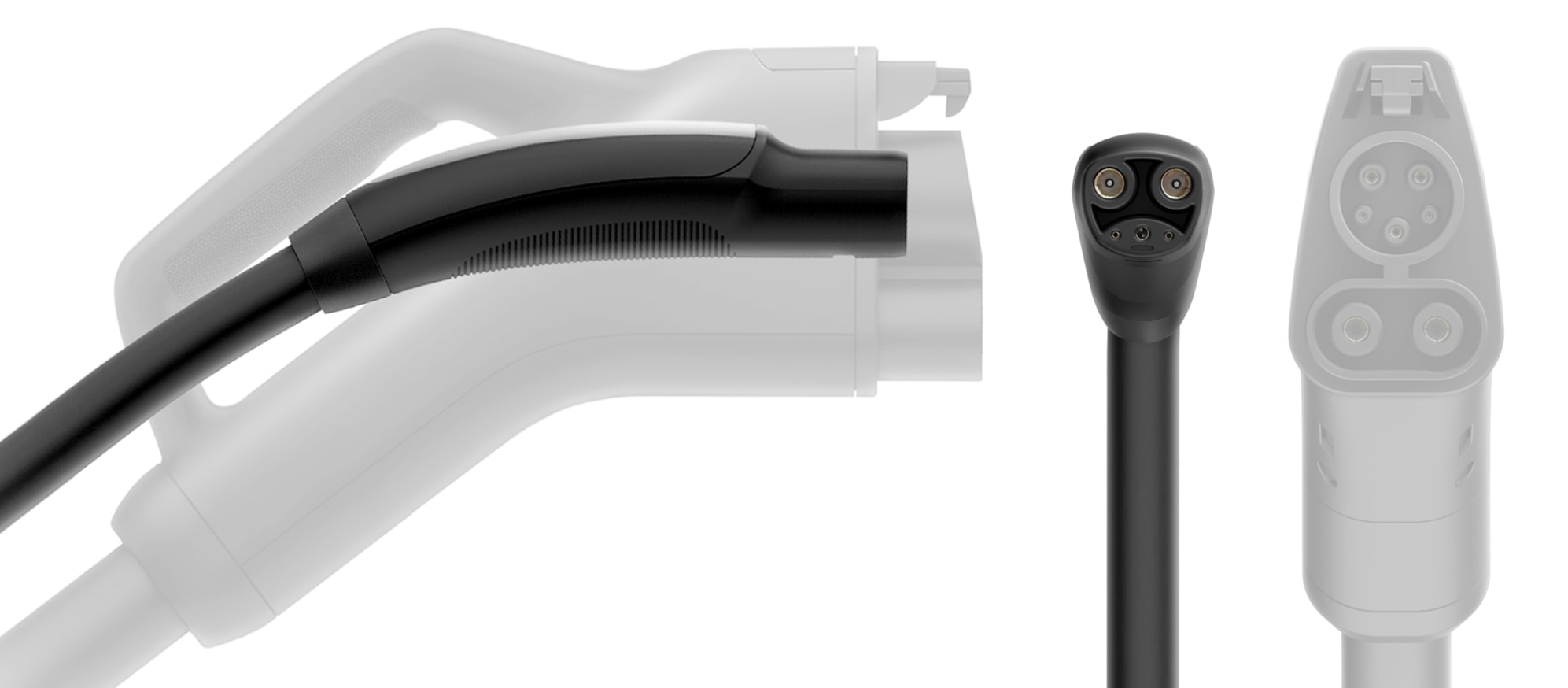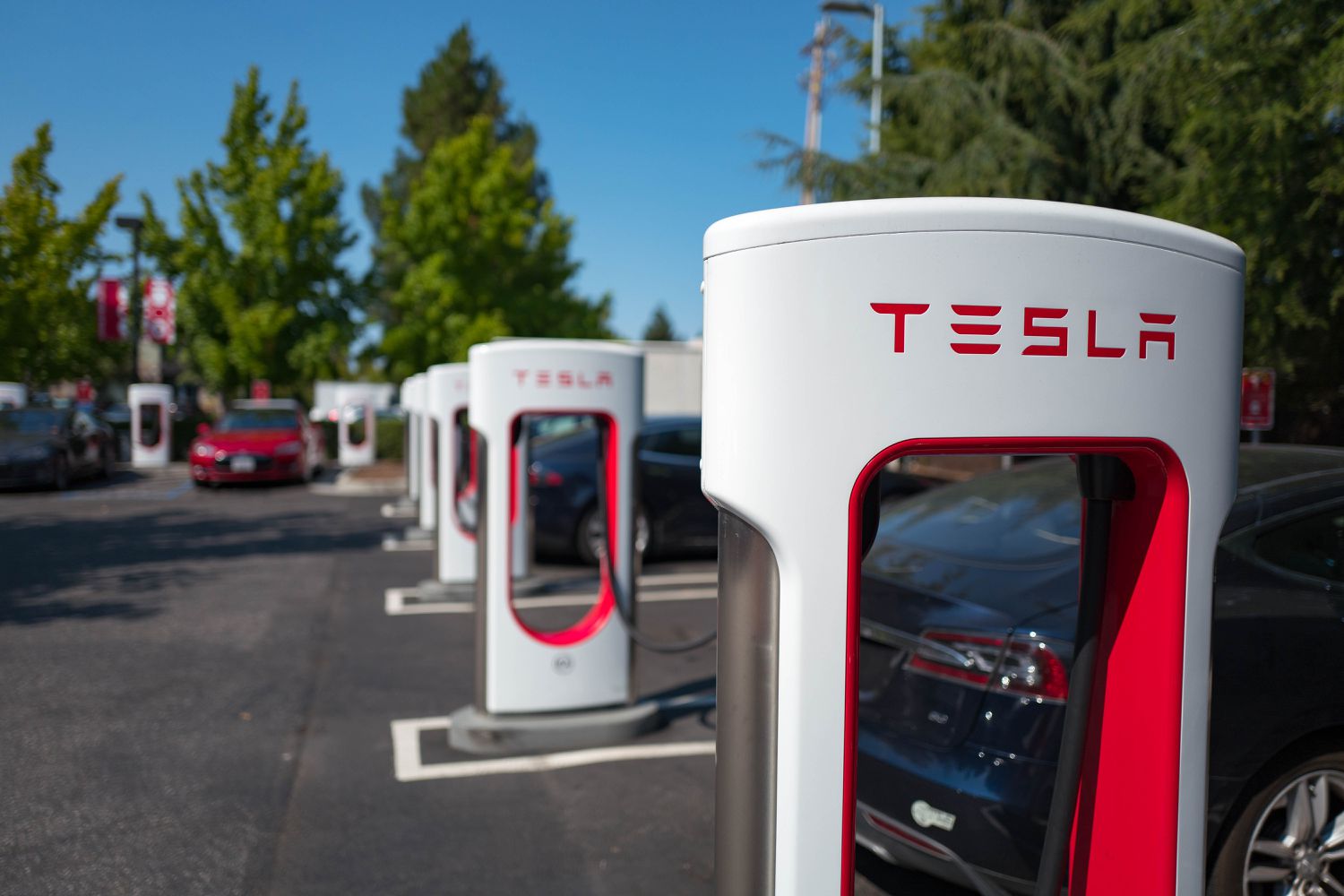Haven't paid attention to this since the initial wave of announcements, but I recently watched this video which I thought was very informative:
It's Alex on Auto's deep dive into NACS, released Aug 22. As I recall, he's an engineer and his videos tend to be more information-based than "gee when I press the pedal this car goes really fast" type.
A few things I learned:
- The actual standard automakers are adopting is SAE J 2400 NAX, which will be better defined than NACS to increase the chance of interoperability.
- NAX/NACS uses CCS signaling even though it uses the Tesla connector.
- Only version 3 superchargers or better support CCS signaling.
- Recent Teslas support both CCS signaling and their original CHAdeMO-based proprietary signaling, which is required to use the entire Supercharger network.
- Carmakers will only support CCS signaling, which means that even if Tesla does allow access to their network (and doesn't revoke it on a whim), they still won't work on a big part of it.
So, does this actually provide any benefit? I think any minor benefit (smaller connector) will be overshadowed be the decade or more of chaos that is going to ensue. When you get your NACS car, you will
always need an adapter to plug into the network you can
always use (EA/etc) and
no adapter to plug into the network that you
may-or-may-not be able to use (Tesla). If they just stayed the course there would have been no change in capability, but it would have been much more clear to the consumer. EA/etc = no adapter. Supercharger network = adapter or use their latest v4 stuff which has the adapter built-in.
The way I see it, the big wins for Tesla here are:
1) Sowing major confusion in the enemy camp for years to come (both manufacturers and especially consumers),
2) Setting up consumers to be even more disappointed with the charging of non-teslas (if you thought the bulky CCS connector was bad, what about the NACS/CCS-adapter combination that everyone will now be using? And being sold on the supercharger network and not really getting it),
3) Lower their cost to get federal money for build-out of their network, as they no longer need to support the CCS connector.
4) Increase the costs to EA/etc as they will now need to provide both types of connectors moving forward.
5) Possible slight increase in cost to make non-teslas as the tesla connector has more complicated hardware on the car side.
Unfortunately, it looks like that ship has sailed and things will be getting more confusing and more of a hassle for non-tesla buyers.



